Face to Face Online
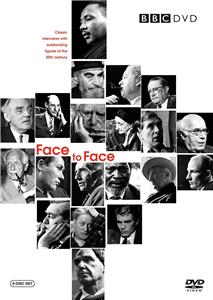
- Original Title :
- Face to Face
- Genre :
- TV Series / Documentary
- Cast :
- John Freeman,Norman Birkett,Robert Boothby
- Type :
- TV Series
- Time :
- 30min
- Rating :
- 8.6/10
| Series cast summary: | |||
| John Freeman | - | Himself - Presenter 35 episodes, 1959-1962 | |


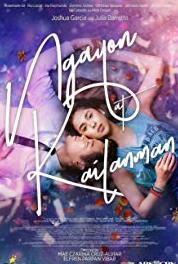
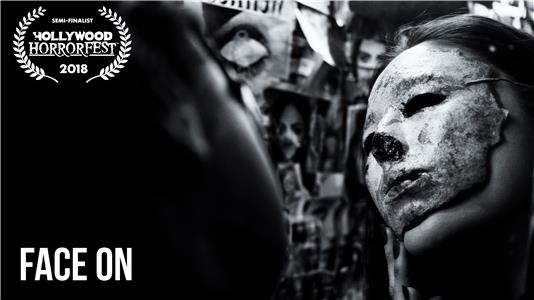
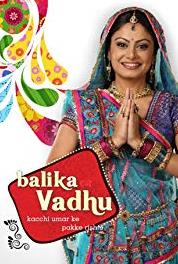
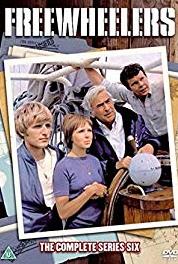
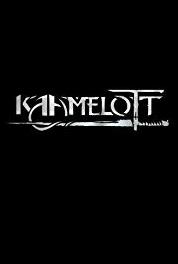
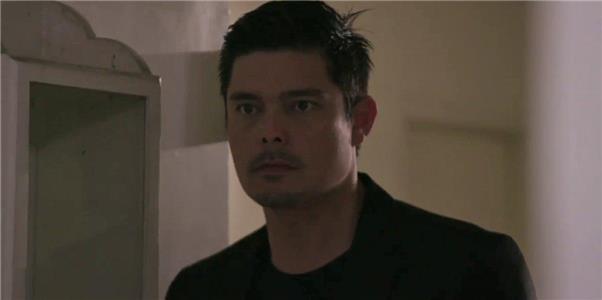
User reviews